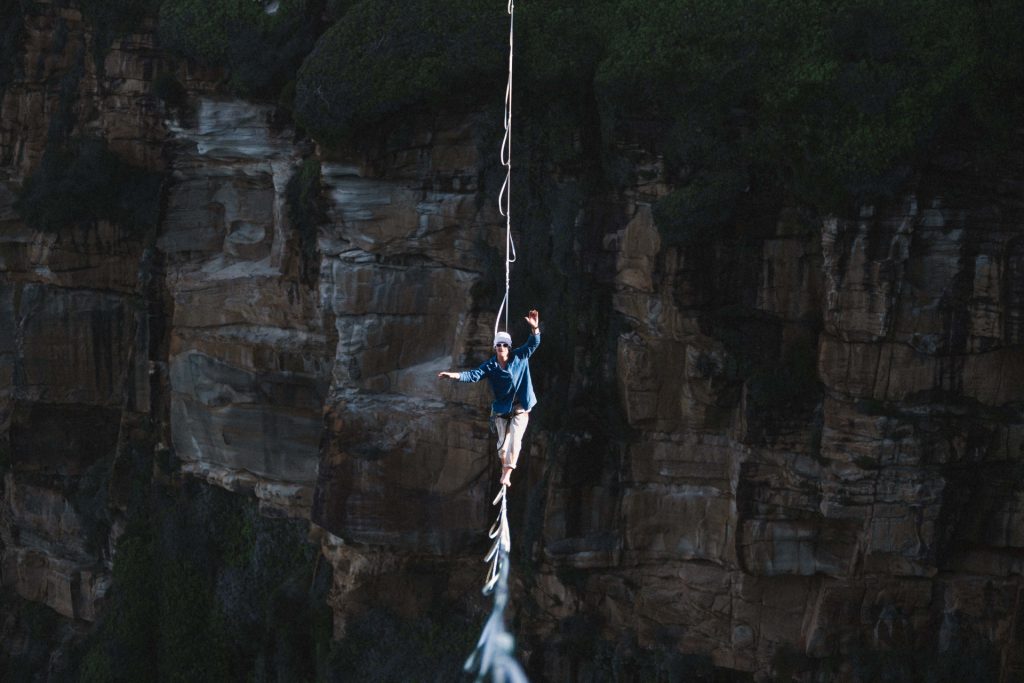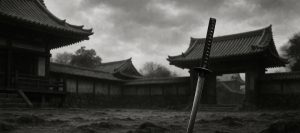“Courage involves deliberate choice in the face of painful or fearful circumstances for the sake of a worthy goal.“
— Daniel Putman, The Emotions of Courage
Archetypal Warriors
When you think of courage, what do you picture?
You might think of a Spartan warrior leaping into battle. Or a Samurai protector. A Shaolin monk. A Viking crusader. Prototypical warriors that fought not only for themselves, but for their loved ones and their communities.
What about some modern examples of courage? You might imagine a soldier preparing for conflict. An athlete facing a particularly difficult challenge. A fireman or first responder rushing to perform their duty.
But you probably don’t imagine courage as it is utilized in your day-to-day life.
Because we most often associate courage with aggressive and powerful archetypes that we think are no longer so relevant in contemporary society, it’s often the part of ourselves that we work the least on.
But for most of us, courage is the ability to talk to others with confidence in what we are saying. The motivation to perform our jobs to the best of our ability. The voice inside our head that reminds us to eat right, or get that daily exercise in.
Ancient Courage
“Heroic courage is living life completely, fully and wonderfully. Heroic courage is not blind. It is intelligent and strong.”
Iznao Nitobe, Bushido: The Soul of Japan
In today’s world, courage is often mistaken for blind aggression, for leaping into battle without thinking about the consequences. But the ancients knew that courage was not blind, but rather a carefully calculated decision that involved acting with calm and confidence.
In the Samurai’s Bushido code, for example, “heroic courage” is listed among eight virtues, and is defined in two integral parts: the first, deciding what the morally correct action to take in a situation is, and the second, acting upon that decision.
Modern Applications
Courage can be defined as confronting one’s fears to exhibit bravery, or strength in the face of despair or anguish. But these definitions include an inherent contradiction: how can we be brave when confronting our fears, or show strength in the face of despair?
The key is in separating ourselves and our emotions from external events. And to be able to do so, we only need to look into the past. The playing field may have changed over the years, but the mental approach to handling life’s challenges remains the same.
We can be inspired by the Samurai’s definition of heroic courage: the ability to calmly assess a situation in order to decide on the appropriate course of action, and the ability to carry that action through with decisiveness and confidence.
Courage is not blindly leaping into conflict or confrontation. It is carefully coming to a decision based on what is best for ourselves and those we care about, and then acting upon that decision with confidence.
NEW! Put the principles from this article into practice with the free courage-boosting MaArtial app on the App Store for iOs and Play Store for Android.
Discover how you can cultivate courage in your daily life using our easy-to-learn formula.












